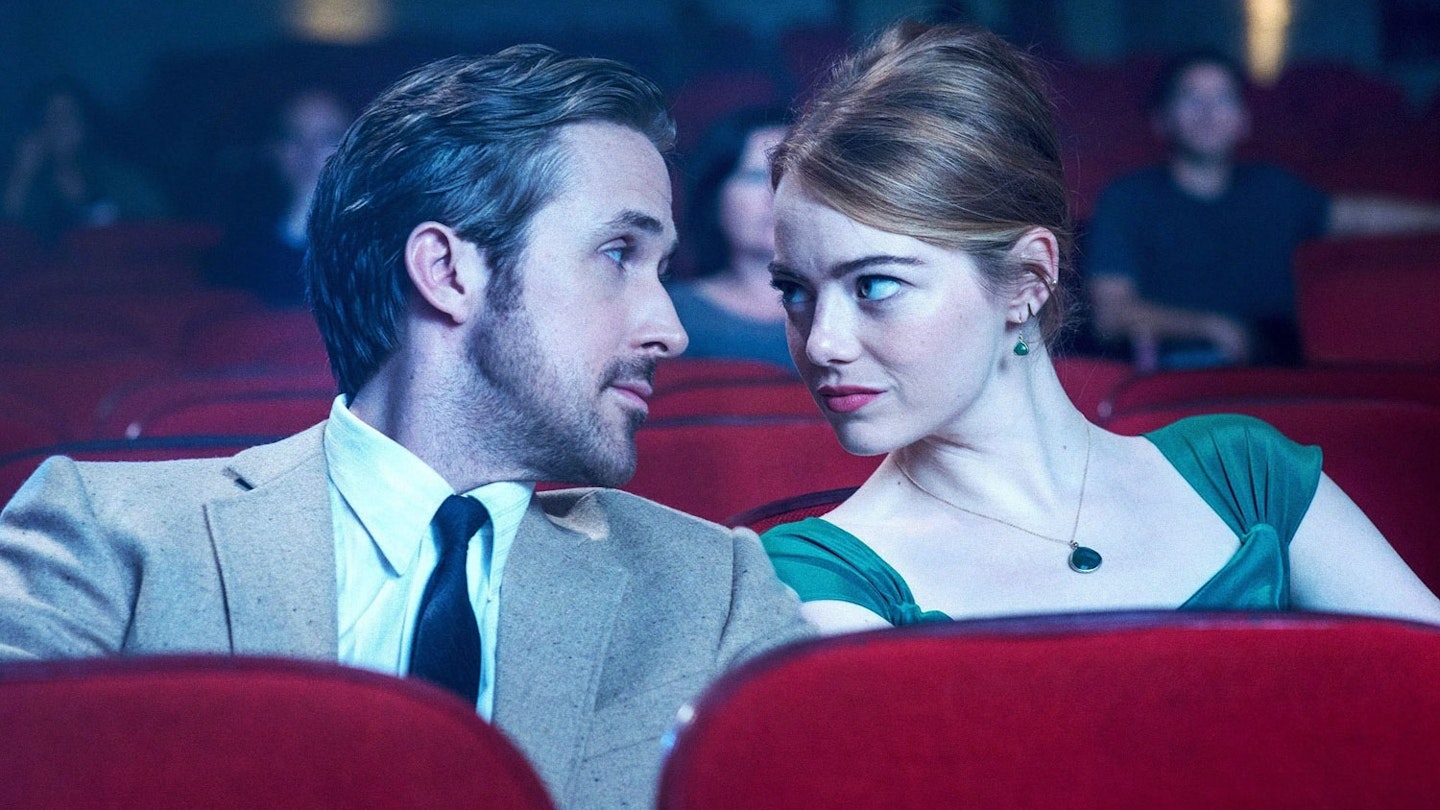As we enter the third decade since the dawn of the new millennium, Empire is counting down the best films to have been released in the 21st Century so far. The list has been compiled by combining votes submitted by Empire critics and rankings sent in by readers, resulting in a definitive rundown of the 100 greatest post-2000 movies.
You can already read numbers 100 – 91, 90 – 81, 80 – 71, 70 – 61, 60 – 51, 50 – 41, and 40 – 30 on the list – and below you’ll find the next ten movies to have found their way into the top 100. Stay tuned to Empire Online as we unveil more of the full list in the coming days, and look out for more information coming soon about Empire’s upcoming 100 Greatest Movies Of The Century magazine issue and podcast special.
30. God’s Own Country (2017)
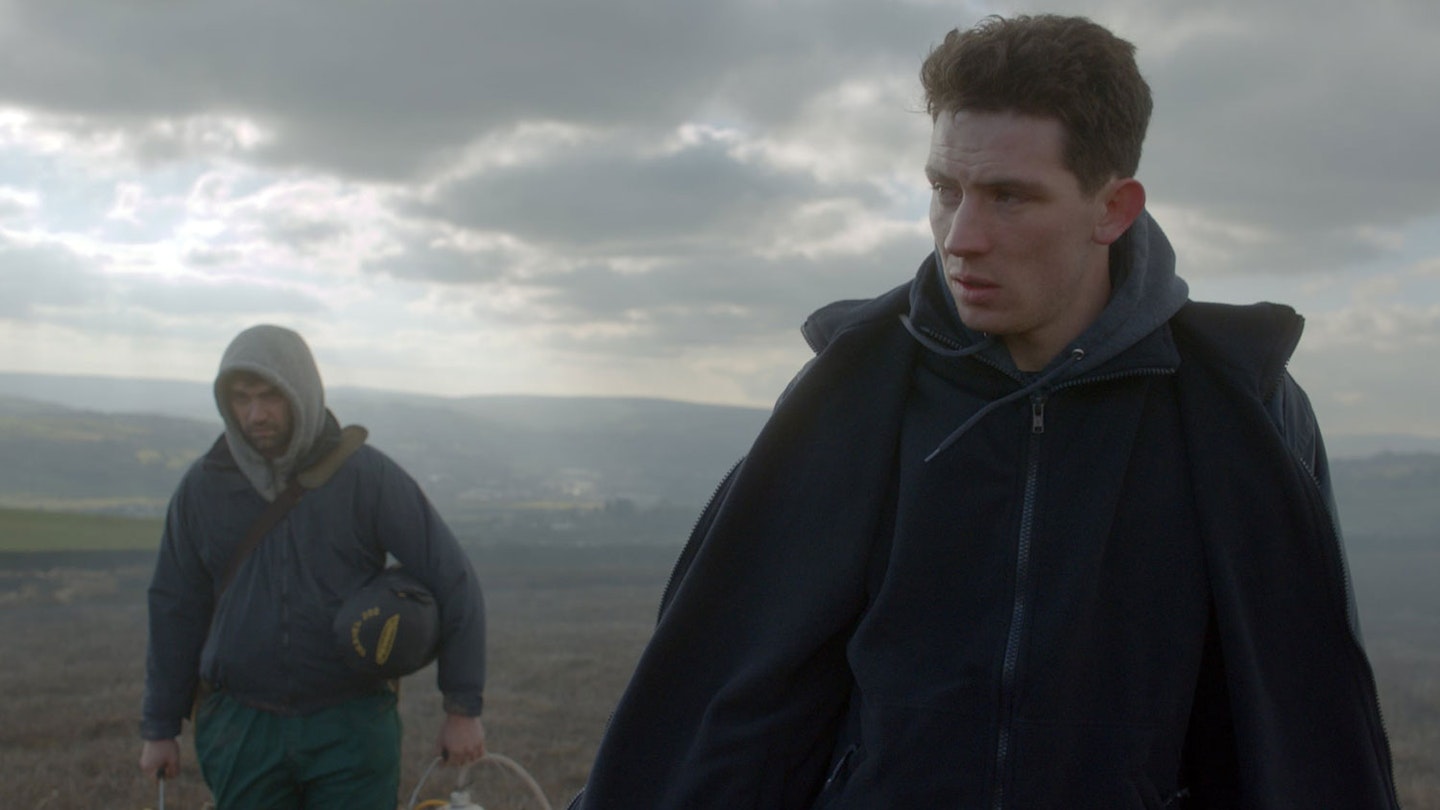
A film of contradictory extremes both of nature and emotion: anger and love, aggression and tenderness, casual sex and deep emotional bonds. Focused on a cross-cultural gay relationship, God’s Own Country is Yorkshire-pragmatic without being dour, and maintains a sensual, Heaney-ish sense of the land and the backbreaking work it takes to maintain. Anyone squeamish about hardcore calving action might want to steel themselves. In many ways it’s not unlike Andrea Arnold’s Wuthering Heights – the antithesis of picture-postcard, export-friendly British cinema. In the vision of director Francis Lee and cinematographer Joshua James Richards, the Dales are as bleak and unforgiving as they are beautiful. It’s an emotionally literate film about characters who find it easier not to communicate – a lot goes unspoken, but you feel it anyway thanks to the central performances of Josh O’Connor and Alec Secareanu: raw, committed and truthful, much like the film itself.
29. Boyhood (2014)
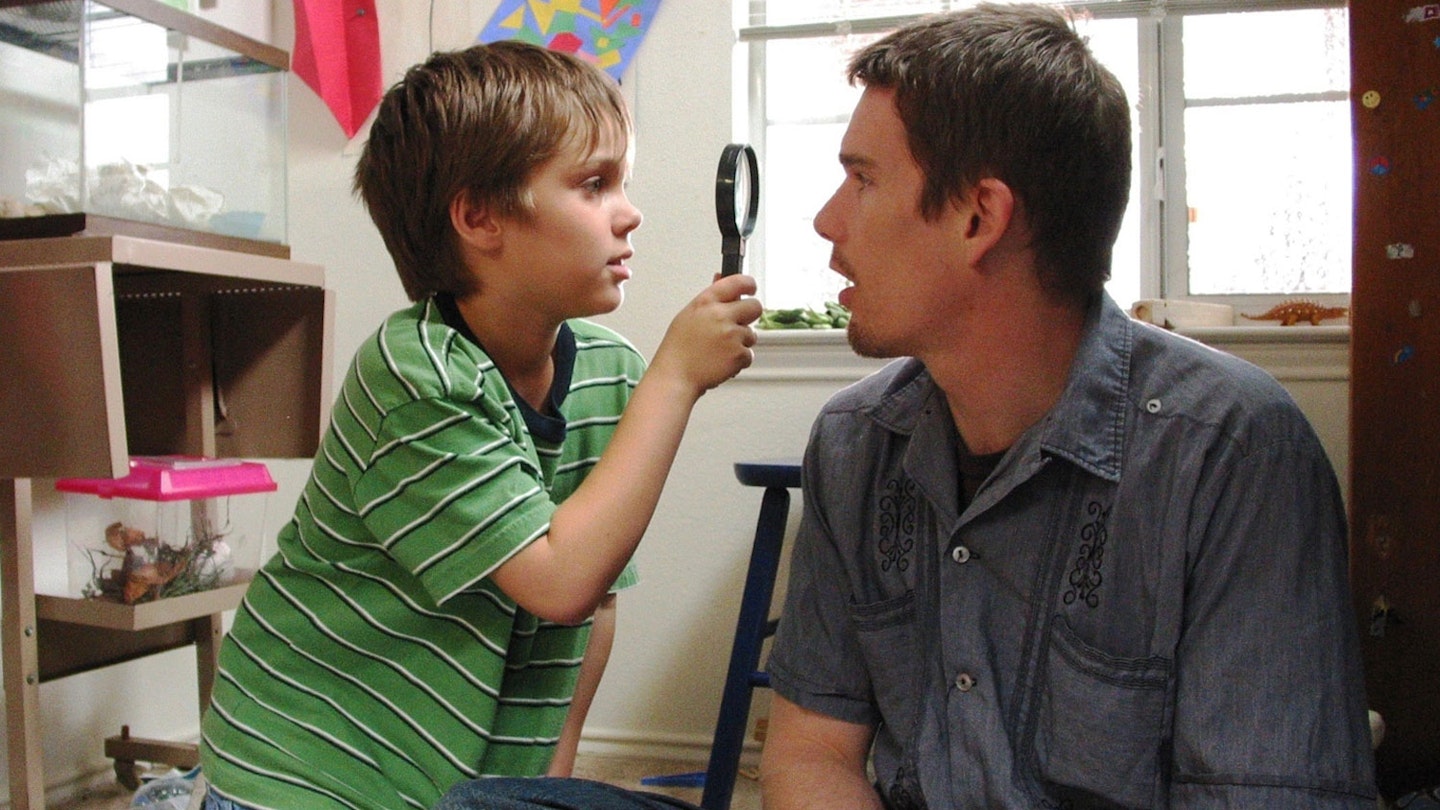
By now, surely everyone knows Boyhood’s remarkable conceit: every summer, for twelve years, director Richard Linklater would gather a small cast and crew together to film one chapter of what would become an epic teenage drama, a coming-of-age film that actually shows the age happen on screen; the six-year-old Mason (Ellar Coltrane) morphing into a surly teenager before our very eyes. Upon release, all the focus, understandably, was on that conceit. But despite (or perhaps because of) its central ‘gimmick’, Boyhood’s real achievement is the profound wisdom it conveys on what it means to be a human. Linklater had dabbled in long, lackadaisical films about nothing and everything before, but here he somehow captures the unspeakable, the intangible essence of life, in all its sound and fury, messy people flailing against an impassive universe. “What’s the point?” Mason asks his dad, Mason Sr. (Ethan Hawke) towards the end of the film. “I sure as shit don’t know,” Mason Sr. confesses. “We’re all just winging it.” That’s Boyhood – and life – in a nutshell.
28. The Irishman (2019)
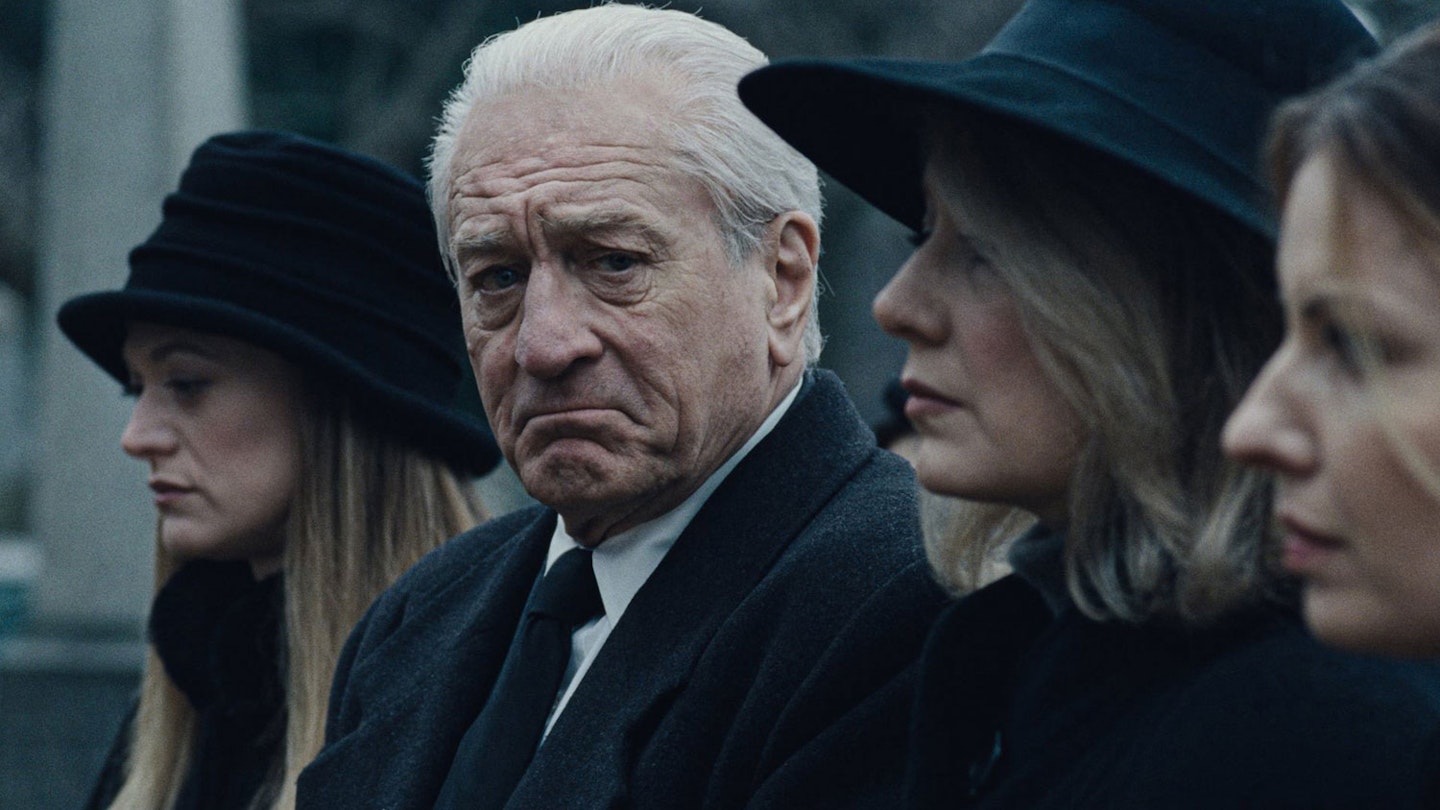
Martin Scorsese has made many a gangster movie – but none quite like The Irishman. Blending the multiple-decade-spanning storytelling of Goodfellas with the quiet, ruminative tone of Silence, Scorsese reunited Robert De Niro, Joe Pesci, and Harvey Keitel, and even brought Al Pacino into the mix for the ultimate mobster movie cast. If the story – a biography of De Niro’s hitman Frank ‘The Irishman’ Sheeran, positing the potential fate of disappeared union leader Jimmy Hoffa – takes in the criminal underground and American politics, beneath the surface it’s a film about sin, about absences, the crushing weight and sheer isolation resulting from a life of crime. Much was made of the minimal dialogue afforded to Anna Paquin as Sheeran’s daughter – but her presence is cutting, her silence deafening, denying her father the forgiveness he seeks as he’s confronted with his mortality. A Netflix original film, it signalled the growing clout of streaming services in producing prestige movies – stumping up the significant production cost that traditional studios wouldn’t.
27. Kill Bill Vol. 1 (2003)
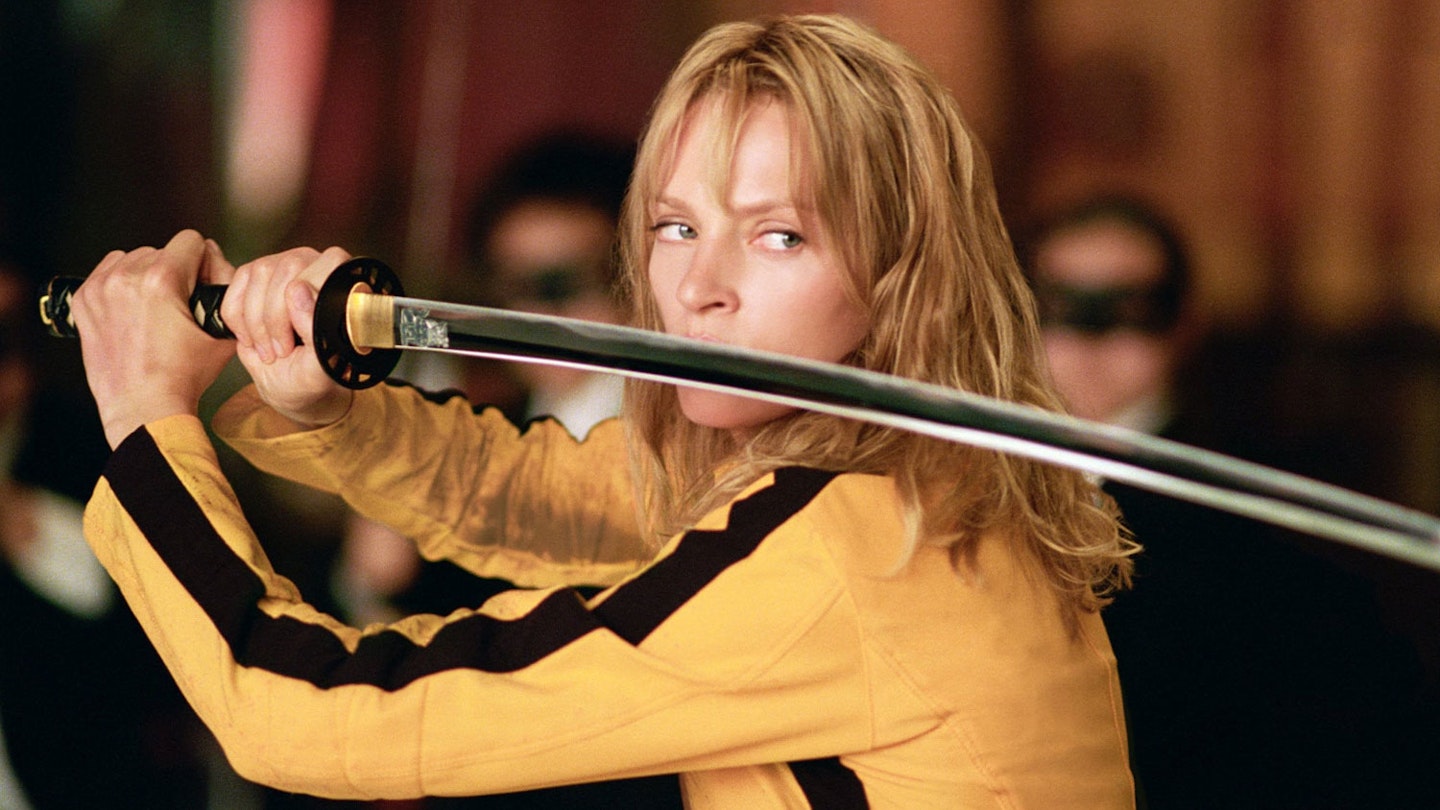
After dialling down the QTisms ever so slightly on Jackie Brown, Tarantino entered the 21st Century by cranking his sensibilities into overdrive for his rip-roaring rampage of revenge. Vol. 1 is the indie auteur in full-on popcorn mode, a vibrant and dazzling pop cultural odyssey that takes in kung-fu movies, Japanese anime, and grindhouse exploitation. Uma Thurman breathes ferocious humanity into Tarantino’s meticulously-designed hyper-reality as The Bride, whose brutal beating on her wedding day sparks a bloody quest for vengeance – and she became an instantly-iconic action hero too, the Crazy 88 showdown in the House Of Blue Leaves remaining eye-searing cinema even as it abruptly switches to black-and-white. Fans of Tarantino dialogue may prefer the talkier, moodier Vol. 2, but this opening act is as fun as QT gets – the filmmaker clearly relishing the chance to play with form, chronology, and, more importantly, samurai swords.
26. Memento (2000)
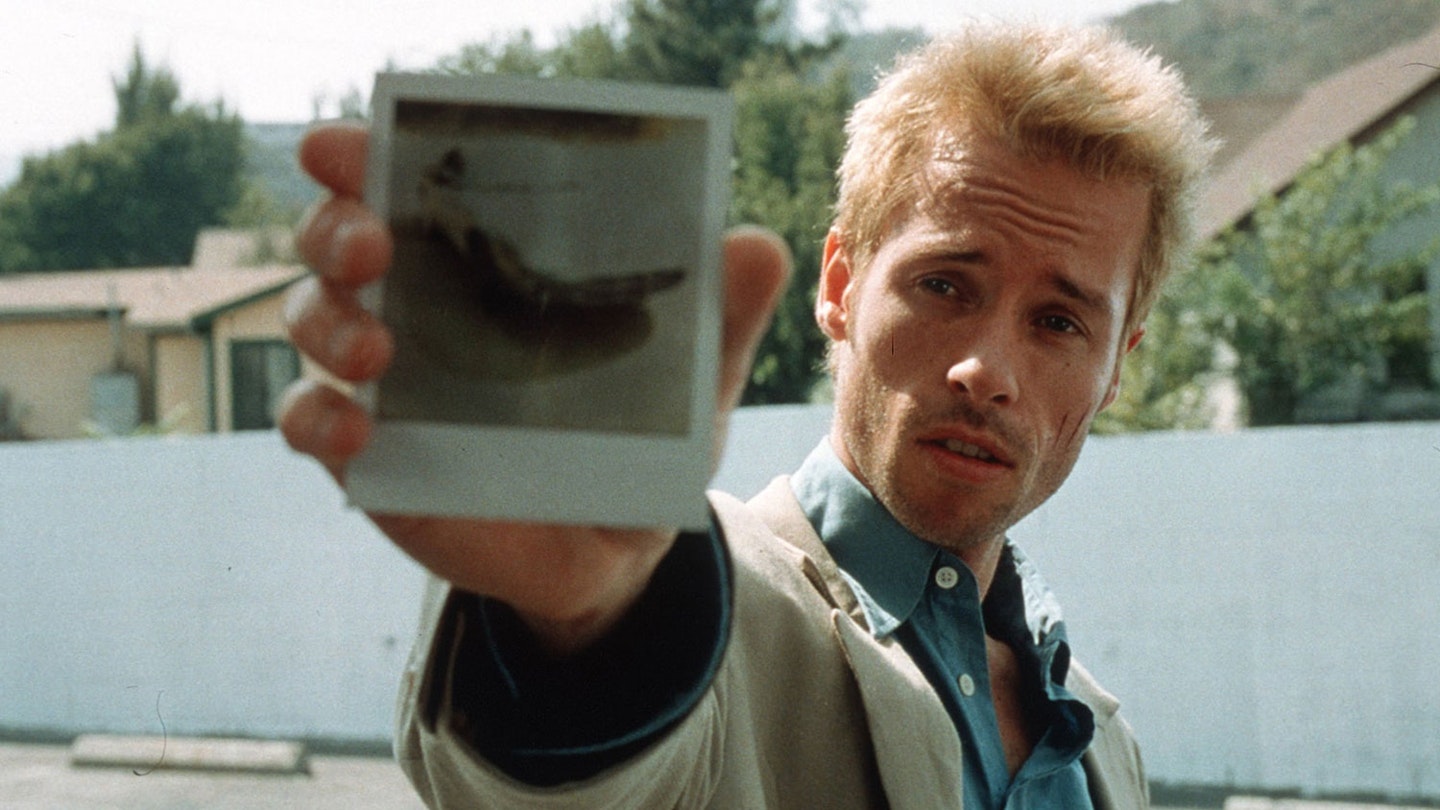
Seriously smart stuff. Following might have been his official feature debut, but Memento is the film that truly announced Nolan as a cerebral cinematic force – the nucleus of everything that would become his signature in the years to come. To unpick it afterwards is maddening – you’ll need a whiteboard, several balls of string, and a stack of your own Polaroids to truly map it out – but in the moment, it’s incredibly involving, challenging without being incomprehensible. Structured as a detective story with short-term memory loss, Nolan unfolds the plot backwards so that the audience only ever knows as much as Guy Pearce’s amnesiac widower, leaving himself clues in the form of tattoos and Polaroid photos so that he can solve his wife’s murder. But before he had those big budgets Memento mesmerised with its screenplay alone, a film in which the beginning is the end and the truth is only what you’ve been told to believe. These days, Christopher Nolan conjures dazzling blockbuster visuals to complement his chronologically-complex puzzle-box storytelling. (Now read this backwards, one sentence at a time.)
25. Call Me By Your Name (2017)
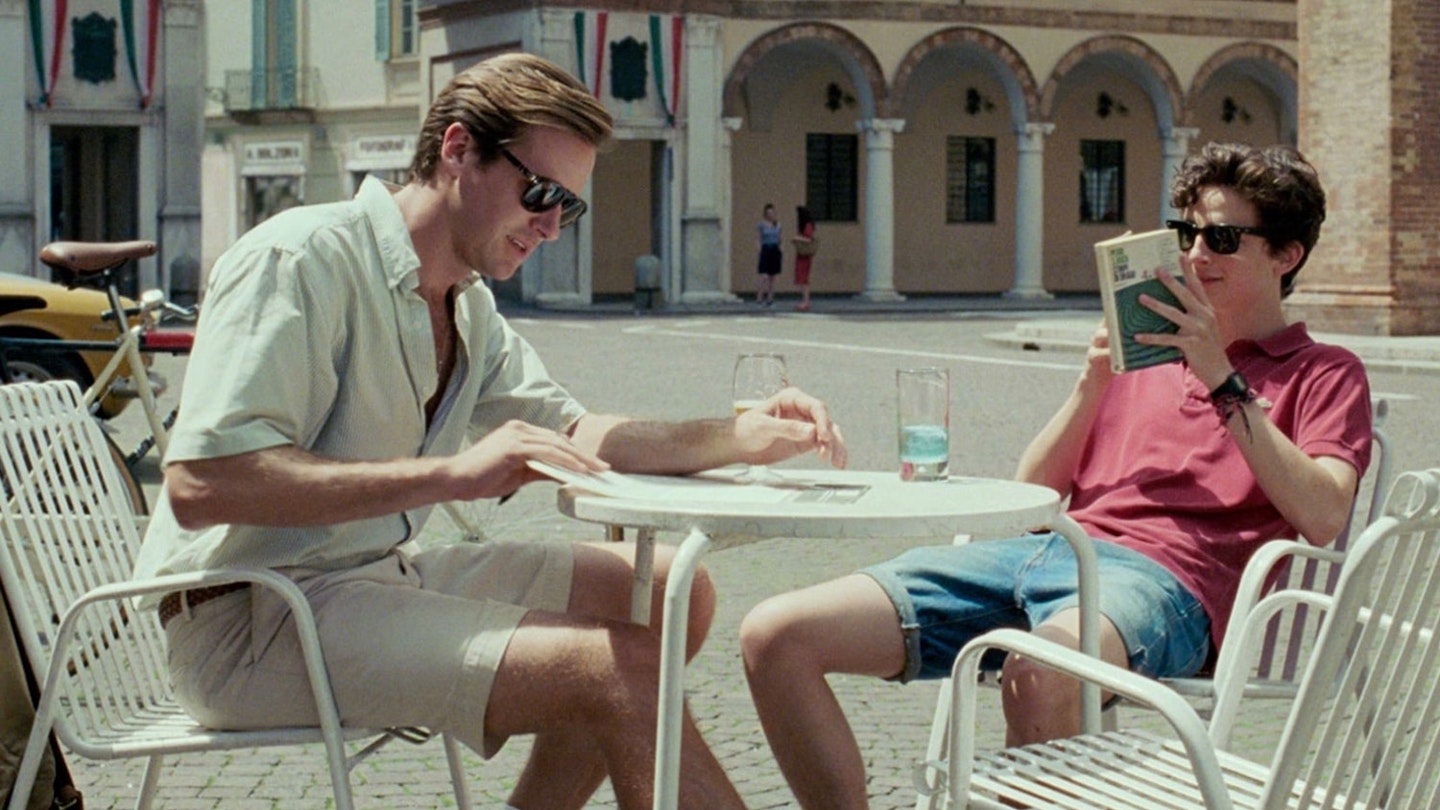
The film Luca Guadagnino directed as a stop-gap before he got into the ballet-witch-horror Suspiria ended up being his most beloved work. Adapted by James Ivory from the novel by André Aciman (and toning down the book’s more explicit elements), it’s a languid tone poem about disconcerting attraction and emotional disorientation: a coming of age story from one direction and a homoerotic Lolita from the other. Filmed in natural light around Italy’s Lombardy region, you can almost feel the sun and bask in the seductive atmosphere of an unhurried 1980s summer in which there’s nothing to do but read, bicycle, walk among the fruit trees and fall in love with your dad’s hunky American postgrad. Romantic, sensual and heartbreaking in equal measures.
24. La La Land (2016)
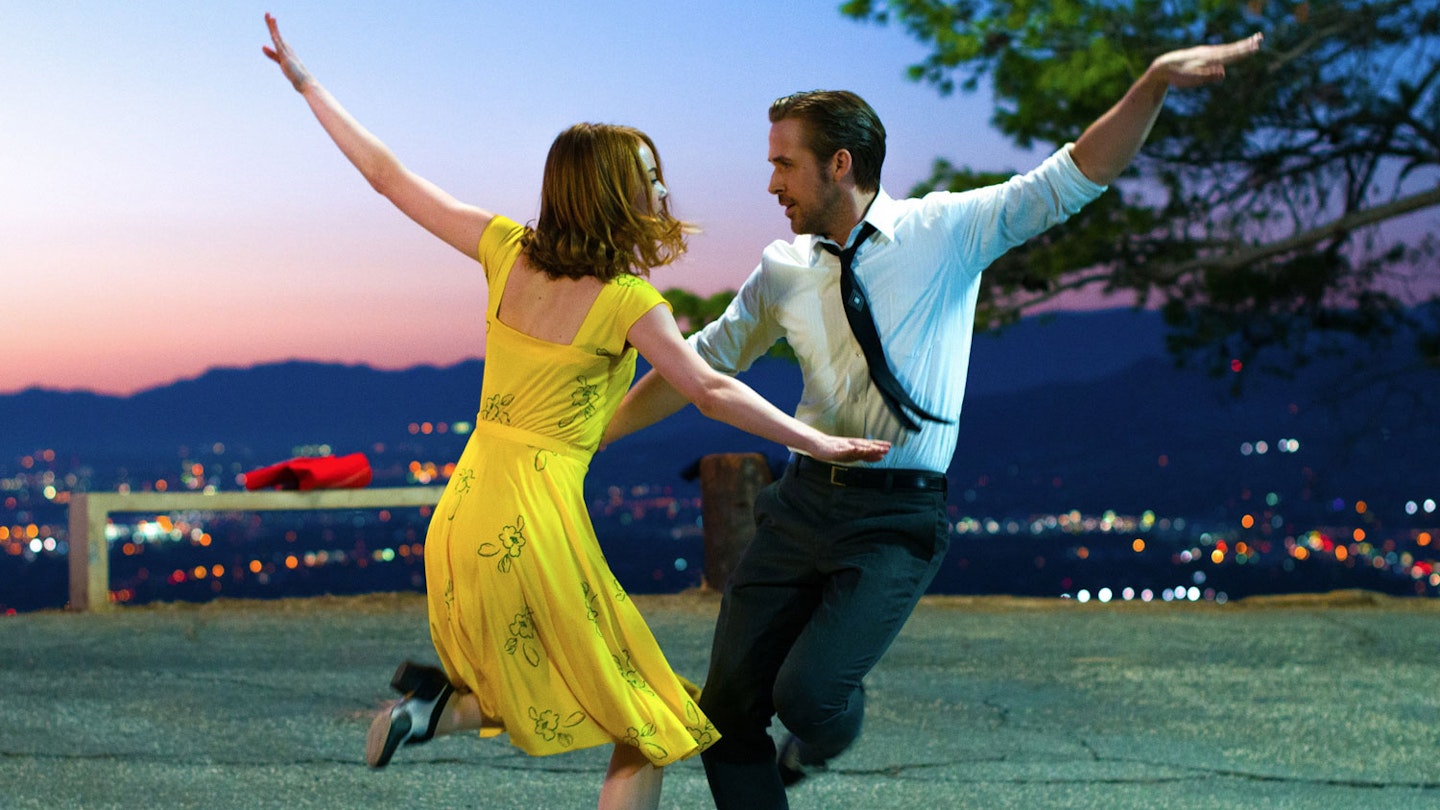
Whiplash director Damien Chazelle followed his claustrophobic cymbal-clashing thriller with an altogether different jazz film. La La Land is an all-singing all-dancing original movie musical that luxuriates in the sprawling expanse of Los Angeles – a Hollywood movie about Hollywood, inspired by the Golden Age of Hollywood. It’s playful with its invocations of the past, delivering retro technicolour visuals, scenes set on the Warner Bros backlot, and a dream-sequence soundstage finale that pays homage to the likes of Singin’ In The Rain to The Umbrellas Of Cherbourg. If it’s intentionally throwback, it’s contemporary too – a film in which iPhone ringtones interrupt tap-dance numbers, Emma Stone’s wannabe-actress Mia drives a Prius, and Ryan Gosling’s jazz pianist is stuck playing keytar in an ‘80s cover band. The pair radiate charm, two beautiful people who fall in love against the background of L.A. in constant golden-hour mode. They keep up impressively in the musical numbers, too – a string of heart-popping hits often shot in stellar single takes. Along with Hamilton, it made musicals cool again, beginning a box office boom in musical movies.
23. City Of God (2002)
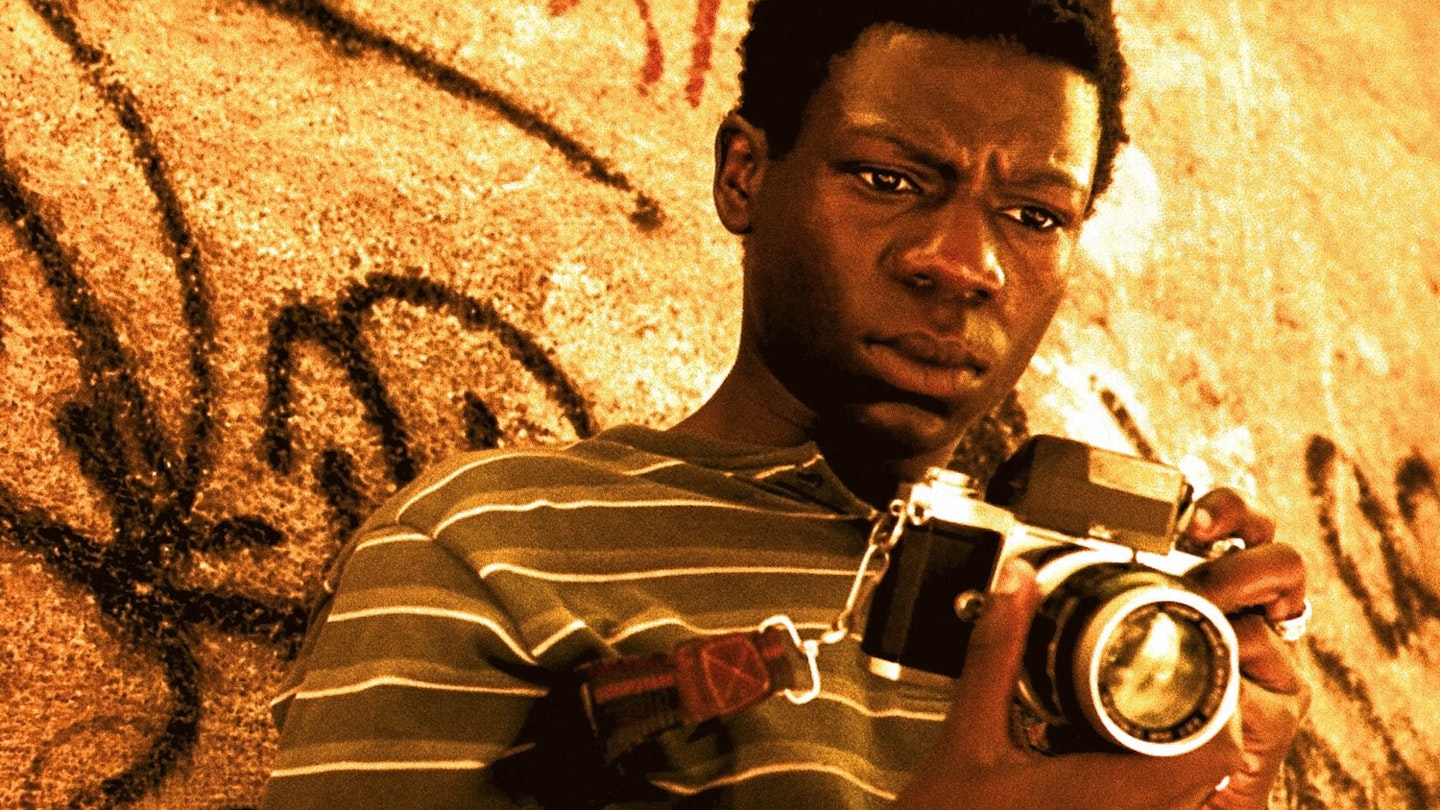
Fernando Mereilles’ first film as solo director makes you wonder how anyone ever shared the camera with someone of such vision. It’s an intense, thrilling, visceral child’s eye view of brutal gang warfare in the Brazilian favelas; the City of the title. The narrative covers just over a decade on the streets that the cops – really just another gang – fear to tread: a ghetto deliberately socially planned to keep the poor sequestered away from Rio’s beaches and city centres. The City is a place where crime is practically the only option for the sprawling cast, but Mereilles never asks for sympathy and is never trite. One extraordinary sequence follows the life of an apartment from family home to drug den. In another, an escaping chicken leads the camera into a warzone. It’s a sensory assault; almost an ordeal. But there’s humour too amid the headlong rush of noise, colour and violence.
22. Gladiator (2000)
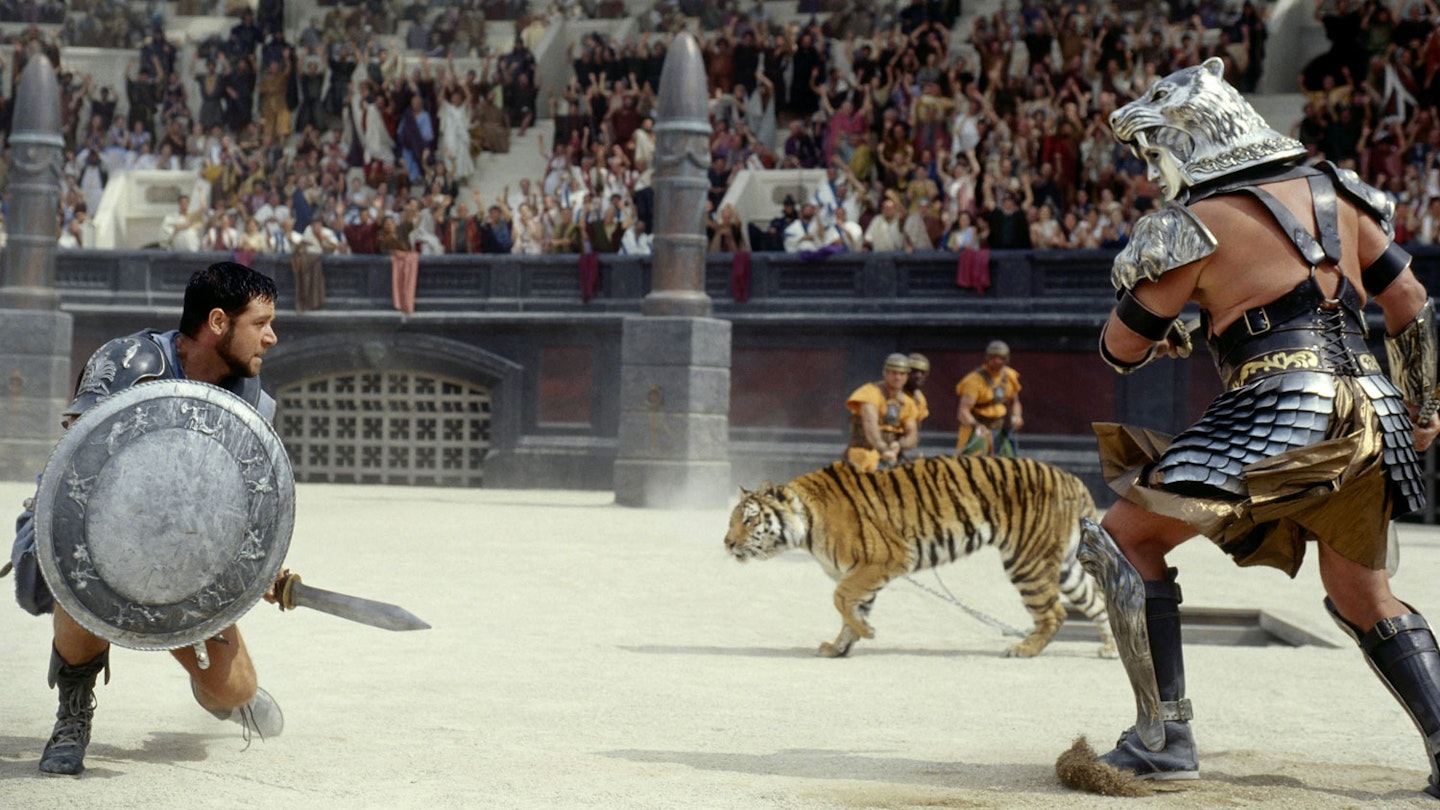
Are you not entertained? How could anyone fail to be swept along by Ridley Scott’s Gladiator – a straight-up swords-and-sandals historical epic that snagged five Oscars and features blood-spattered beheadings? Scott made the film at a fascinating time – in the dying days of studio movies shooting on huge-scale practical sets, and at the dawn of CGI embellishments. Combining the two, the result is a film that feels tangible and tactile, still wowing with its battle scenes, amphitheatre showdowns, and evocation of the Roman Empire at its height. Russell Crowe puts in a stoic performance as Maximus Decimus Meridius – father to a murdered son, husband to a murdered wife, and so on – the military general forced into gladiatorial combat, who rules the ring and plots revenge against Joaquin Phoenix’s effete, patricidal Commodus. Remarkable for its emotion – huge props to Hans Zimmer’s sumptuous score – as much as its bombastic production values, Gladiator stands head and shoulders above the poor imitators (Troy, Alexander) it inspired.
21. Children Of Men (2006)
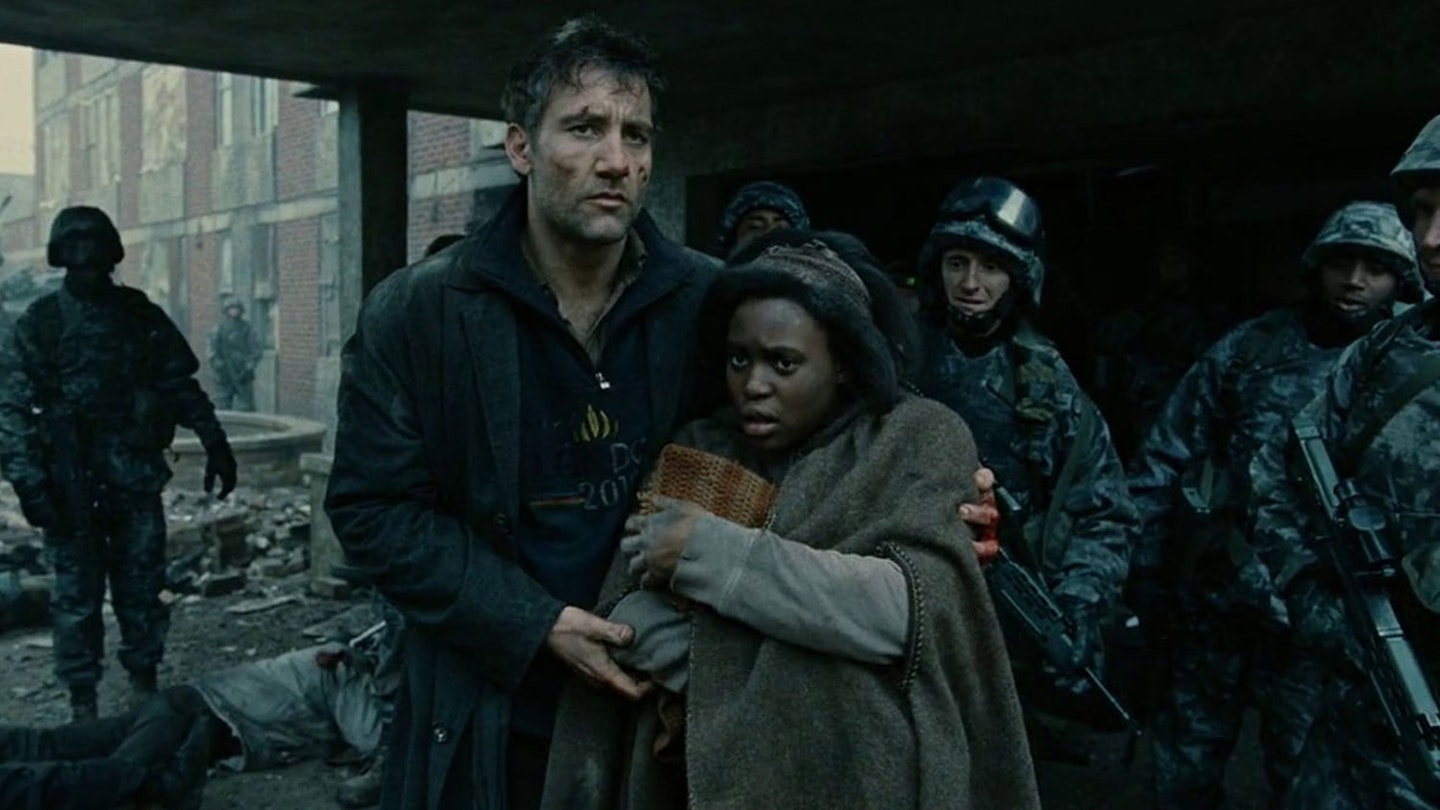
The bleak future London conjured by Alfonso Cuarón in his dystopian drama is so believable, it’s still hard to rule out that it might someday come to pass. Its arresting opening scene in which a coffee shop is bombed out, narrowly missing Clive Owen’s Theo, is a statement of intent for the realism, the extended takes, and the gritty world-building that Cuarón expands on for the remaining runtime. Made amid the swirl of the Iraq War when fears over terrorist attacks were at an all-time high (coming half a decade on from 9/11, and with the 7/7 bombings in London still incredibly fresh in the memory), it’s a film of fear and chaos and morally-dubious military intervention. Depicting a world in which humanity has become infertile and faces imminent extinction, there’s hope in the form of mysteriously pregnant young woman Kee (Clare-Hope Ashitey) – and if the final moment teases a lone, flickering flame of optimism, it never fully offers the catharsis you long for. Thrilling and uncompromising.
